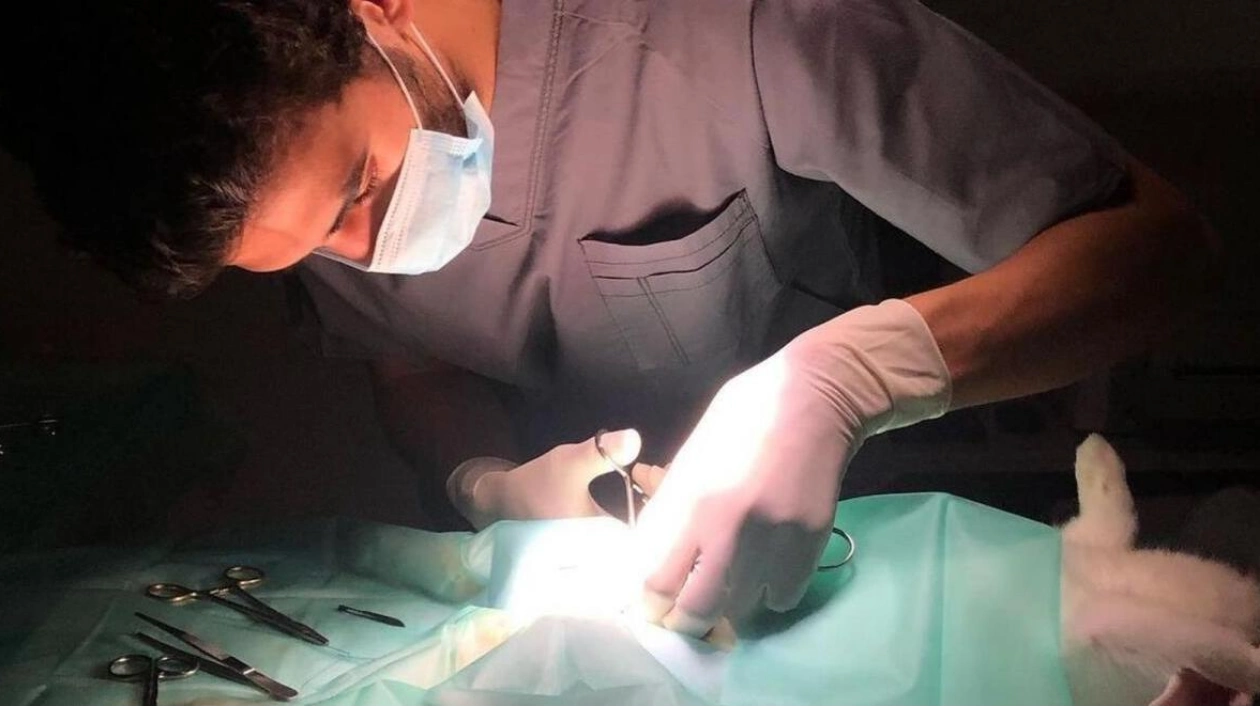Pets are susceptible to diseases that also affect humans, ranging from cancer to diabetes, cardiovascular diseases, and even Alzheimer's. The complexity of these issues in veterinary medicine arises from the reliance on observing animal behavior for diagnosis, as veterinarians explained to Khaleej Times.
"The greatest challenge for a veterinarian is analyzing the animal's behavior to accurately diagnose and manage treatment costs," stated Ali Hammad, a 32-year-old Doctor of Veterinary Medicine. He emphasized that animals, having the same biological systems as humans, experience similar diseases. For instance, both humans and animals can develop uncontrolled cell growth leading to cancer. Other shared diseases include influenza, gastrointestinal infections, hypertension, diabetes, cardiovascular issues, cholesterol problems, and Alzheimer's.
Hammad recounted a case involving a bird from Saudi Arabia with lipoma cancer, a type of sebaceous gland cancer. Despite successful surgery, the bird succumbed due to the masking phenomenon common in birds, where they conceal their illnesses to avoid predation.
Dr. Emile Matar, a veterinary surgeon, highlighted the difficulties in diagnosing animal diseases due to their gradual onset and the necessity of observational diagnosis. He noted that pets, such as dogs, can exhibit cognitive dysfunction similar to human Alzheimer's, characterized by disorientation and changes in learning and responsiveness.
For conditions like cognitive dysfunction, treatments involving brain-protective acids are used to alleviate symptoms, enhancing the pet's quality of life. Diabetes in pets is managed through a low-carbohydrate diet and insulin therapy, with specific insulin types available for dogs.
Dr. Matar also discussed the transmission of fungal and skin diseases from animals to humans, common in the UAE due to its humid climate. Beyond medical care, Dr. Hammad advised prospective pet owners to thoroughly research and prepare for the long-term commitment required for pet care, emphasizing the importance of regular veterinary check-ups and maintaining hygienic living conditions.






